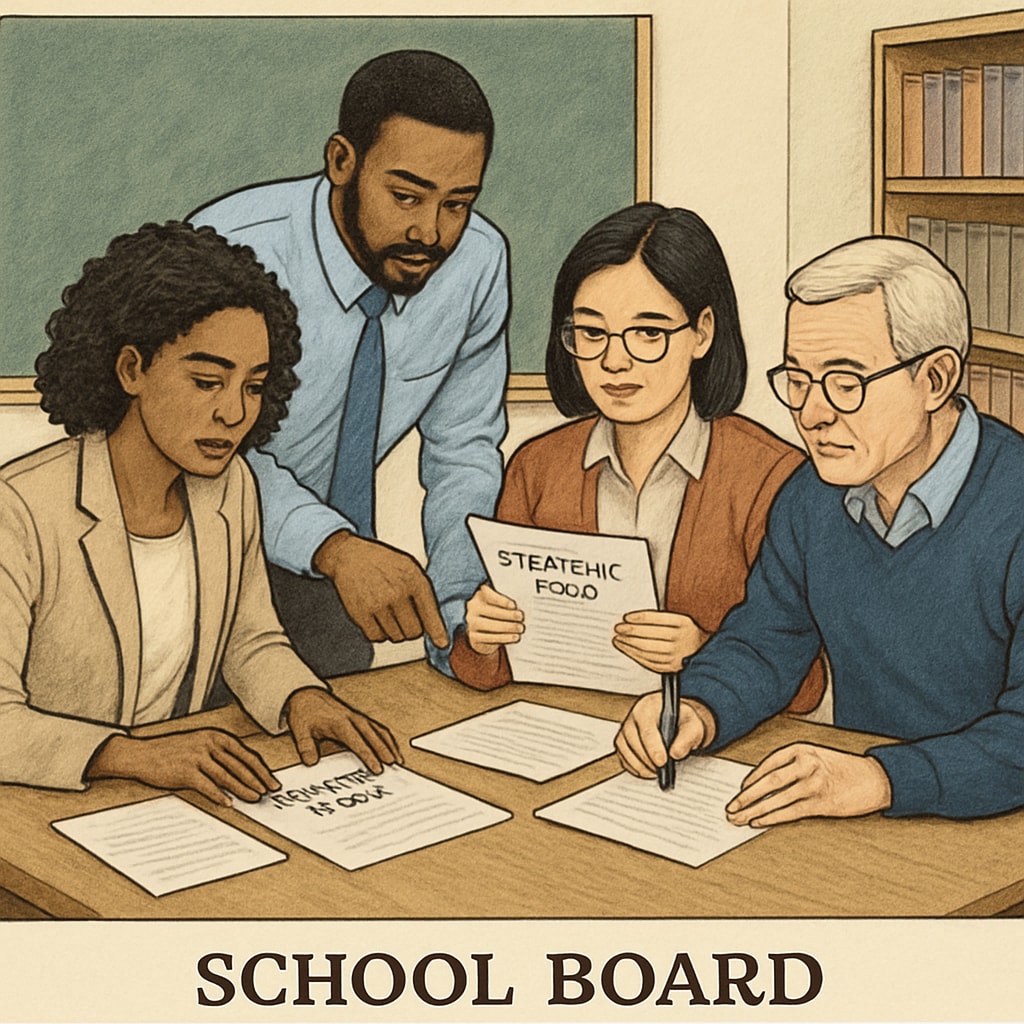School board members elected unopposed face unique challenges in driving meaningful educational change. Without electoral competition validating their platform, these leaders must work intentionally to build credibility and implement reforms. Research from the National School Boards Association shows that approximately 30% of school board elections nationwide are uncontested, making this scenario more common than many realize.
Essential Qualities for Effective School Board Service
Successful education governance requires specific competencies that go beyond basic administrative skills. First and foremost, board members must develop deep understanding of:
- Student achievement data interpretation
- Budget allocation priorities
- Curriculum evaluation methods
- Community engagement strategies
According to a Wallace Foundation study, the most effective boards spend 60-70% of meeting time discussing teaching quality and student outcomes rather than operational details.

Overcoming Resistance in Conservative Communities
When implementing changes in traditional districts, unopposed winners should adopt these proven approaches:
- Begin with small, visible improvements that build trust
- Frame innovations using community values rather than educational jargon
- Partner with respected local organizations as change allies
- Provide transparent progress metrics that demonstrate impact
For example, one Midwestern district successfully modernized its science curriculum by emphasizing workforce preparation rather than theoretical benefits.
Strategic Planning for Long-Term Impact
Transformational governance requires moving beyond reactive decision-making. Effective members develop multi-year plans that:
- Align with state academic standards
- Address persistent achievement gaps
- Incorporate teacher and parent feedback
- Remain flexible for unexpected challenges

Ultimately, school board leadership after unopposed elections demands both courage and diplomacy. By focusing on student needs rather than political considerations, members can build coalitions capable of implementing meaningful improvements. Regular community forums and clear communication about decision-making processes help maintain public support during periods of change.


